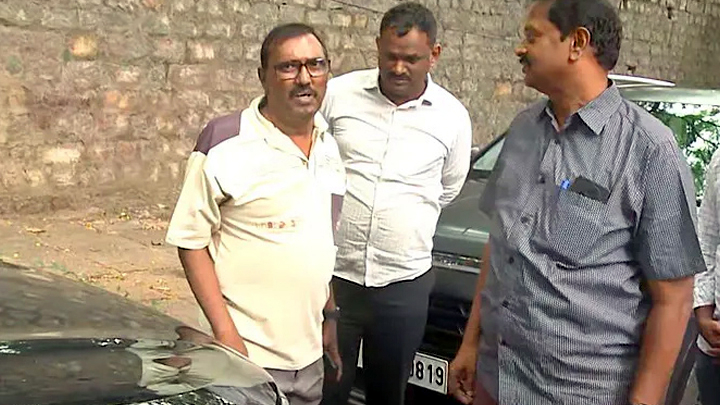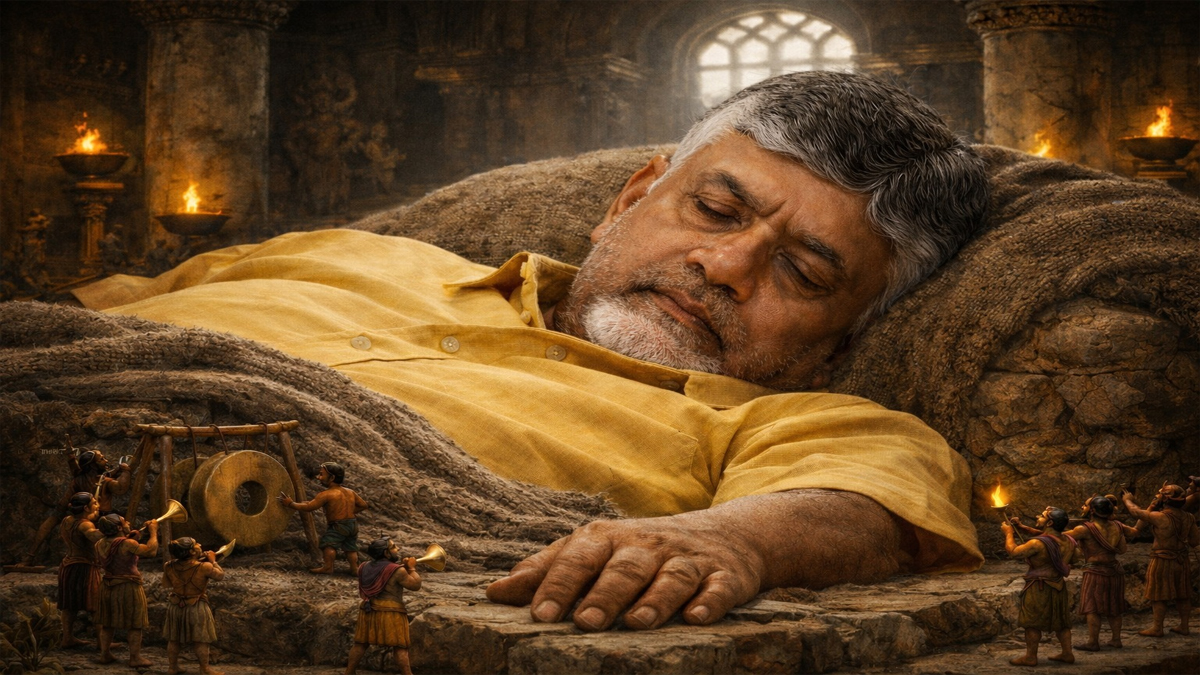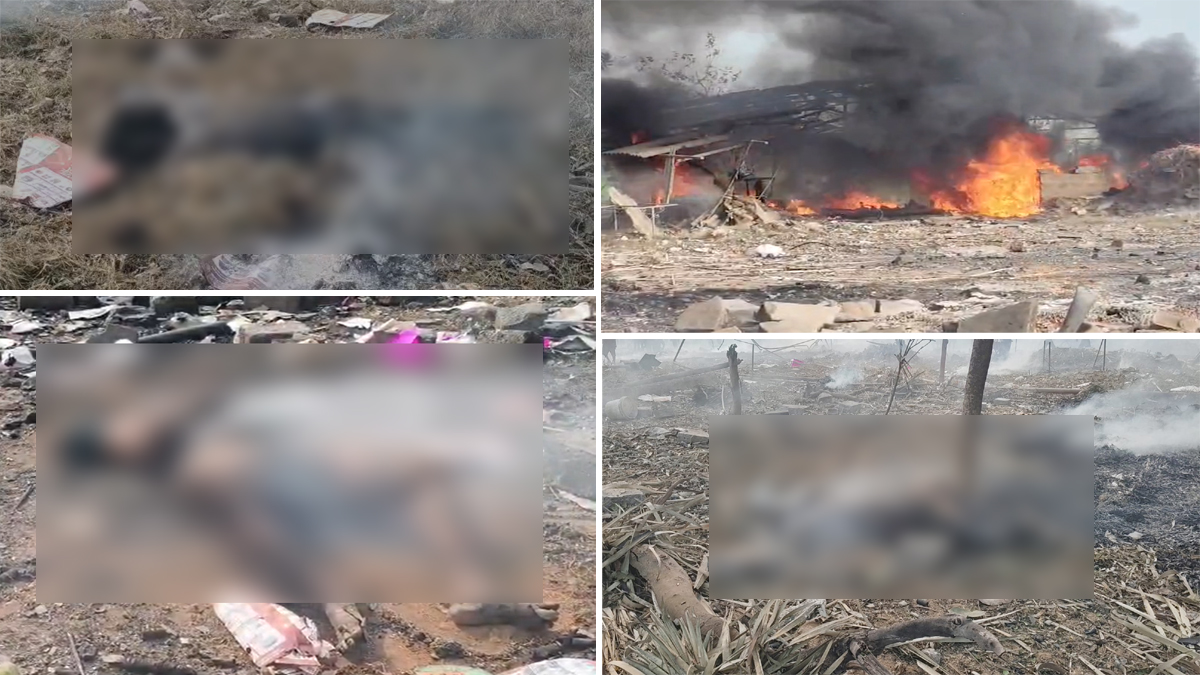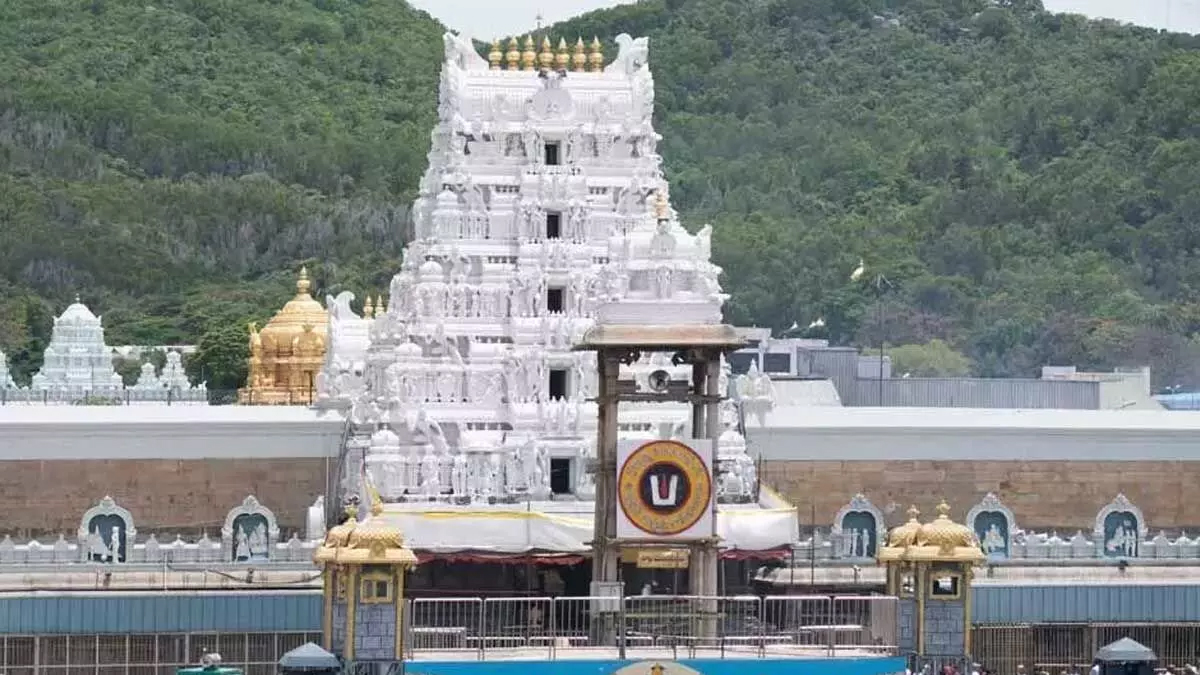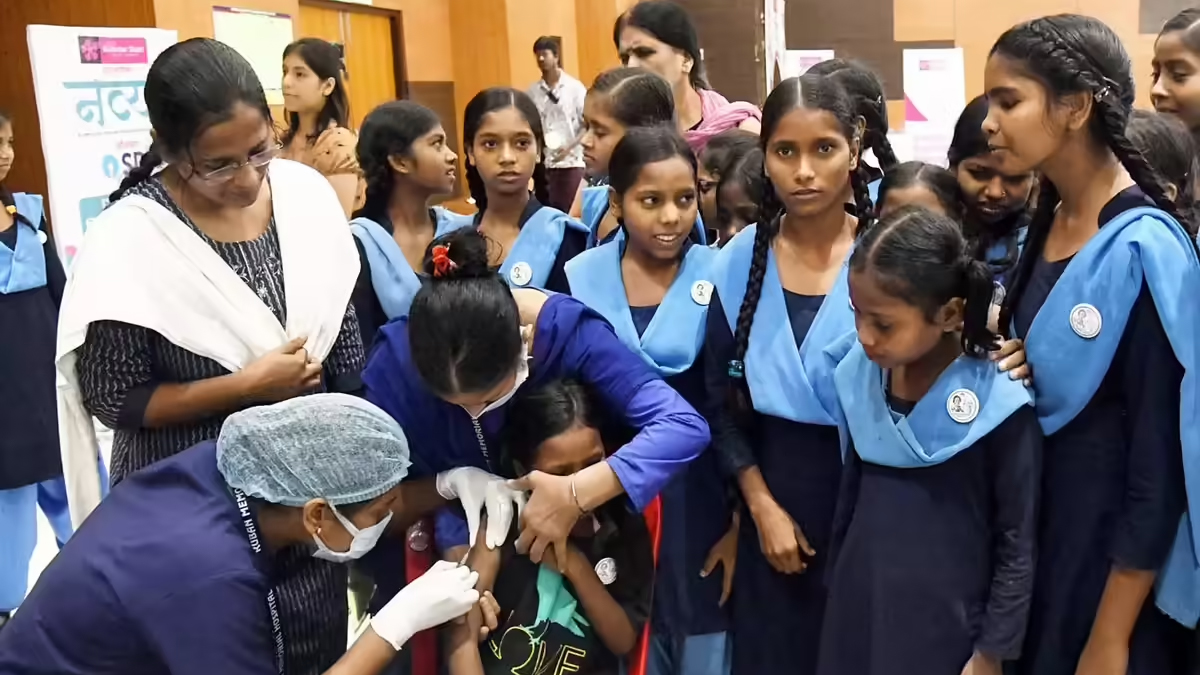Veteran journalist Kommineni Srinivasa Rao (K.S.R.) was arrested on Monday, June 10, 2025, at his residence in Hyderabad’s Journalist Colony and transported to Guntur by Andhra Pradesh Police, sparking widespread outrage and reigniting concerns over media freedom and political vendetta.
🔍 The Arrest and Allegations
The arrest was reportedly based on complaints filed by Amaravati region farmers, women, and Madiga Corporation Director Kambhampati Sirisha. The controversy stems from a Sakshi TV debate, during which panelist Krishna Raju made allegedly offensive remarks against women from the Amaravati movement. Though K.S.R. was the anchor, he was not the source of the comments.
Despite this, K.S.R. was booked, prompting criticism that Red Book provisions were misused to target him. He stated he had no direct connection to the remarks, and had already expressed regret over the incident on-air. He called the arrest a politically motivated action meant to silence dissent.
“70 ఏళ్ల వయస్సులో నన్ను వేధిస్తున్నారు… ఇది ప్రభుత్వ వ్యతిరేక స్వరాన్ని అణచివేయాలనే ప్రయత్నం.”
⚖️ A Pattern of Political Targeting?
This is not K.S.R.’s first brush with political pressure. Under former CM Chandrababu Naidu’s TDP rule, K.S.R. was forced out of his position at NTV, allegedly for his critical political commentary that challenged the TDP narrative. That incident had stirred intense debate over editorial freedom and political interference in media.
Now, under a different regime, K.S.R. finds himself again at the receiving end of state action—this time through arrest, not dismissal.
📢 Widespread Condemnation
Media unions, civil society activists, and fellow journalists have condemned the arrest, calling it an assault on press freedom. Even Sakshi TV distanced itself from the panelist’s remarks, clarifying K.S.R.’s non-involvement. YCP leaders have also slammed the arrest, calling it vendetta politics that threatens democracy itself.
📌 Bigger Picture
K.S.R.’s arrest underscores a disturbing trend in Indian politics: the increasingly precarious position of independent journalists, who often face consequences for critical reporting — regardless of which party is in power.
As political climates shift, one thing remains constant: journalists like Kommineni Srinivasa Rao continue to bear the brunt of both past and present regimes’ intolerance for dissent.

